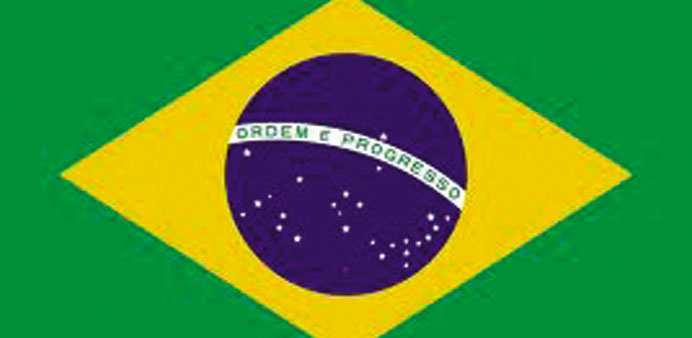AFP/Brasilia
Brazil has unveiled steps to combat human trafficking, including tighter border controls and a clampdown on organ trade and the recruitment of slave labour.
The new strategy, to be in force until 2016, would target not only sexual slavery but also forced labour, organ trafficking and the illegal adoption of children, government officials told a press conference here.
Human trafficking “goes well beyond sexual exploitation,” said Justice Minister Jose Eduardo Cardozo, flanked by his counterparts Maria do Rosario, in charge of human rights, and Eleonora Menicucci, in charge of women’s issues.
The first national plan against human trafficking was launched in 2008.
The new plan aims to step up border vigilance through the creation of new control posts and includes penal reform to criminalise illegal adoption of children, organ extraction and forced labour.
“The borders are a source of great concern,” said Cardozo, adding that the country plans to invest nearly $3mn for the creation of new control posts to deal with human trafficking.
Between 2005 and 2011, 475 Brazilians were found to be victims of international human trafficking, mainly in Suriname, Switzerland, Spain and the Netherlands.
Most of them were women subjected to sexual exploitation. Data from the justice ministry indicated that most of the cases were in Suriname, a neighbouring country used as a transit point for trafficking into the Netherlands.
“Brazil does not want to see its people trafficked, exploited, nor does it want to be a place where Latin American or African immigrants are exploited,” do Rosario said.
Cardozo said the figures understated the magnitude of the problem as many victims — most of them women — do not report it “out of fear or out of shame”. “With this new plan, we hope that this crime will stop being hidden so we can combat it,” he added.

